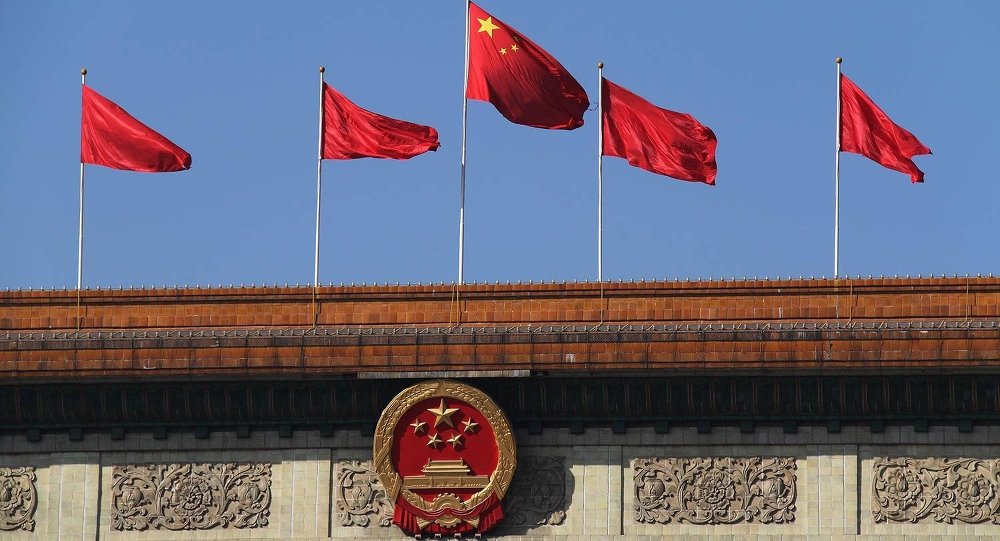
Since the Cold War ended, the world entered a crucial stage of transition from the old to new order. The transition was much more time-consuming and complex than previously thought.
It is an unarguable fact that the center of world power is shifting toward the East at a quickened pace.
The share of developed economies, represented by the United States, Europe and Japan, in the global economy has dropped dramatically, as resource shortages, labor declines, shrinking markets, sluggish growth and other issues become more prominent. The US once accounted for half of the world's total economy, but the proportion fell to less than a quarter in 2018.
European integration, which began in the 1950s, saw sound momentum after the Cold War, but was later hampered by several factors, such as protectionism, populism and anti-globalization sentiments. The Trans-Pacific Partnership, based upon the Europe-US alliance, is now heavily damaged.
The postwar international system, built and manipulated by the US and Europe, is undergoing enormous changes, and the era of world affairs being determined by the West is gone.
In contrast, the developing countries, in particular China, are demonstrating bright prospects for economic growth, technological innovation and social development. Emerging markets are having a larger say at multilateral platforms. The cooperation among the Asia-Pacific countries has seen sound progress, while the regional and trans-regional cooperation mechanisms are being strengthened.
The world's economic and strategic center is shifting toward the Asia-Pacific region, and East Asia is becoming the focus of major countries' competition.
Against this backdrop, the US has been targeting China. The country started and escalated the trade war with China, and extended frictions from trade to science, technology and culture.
If the world's two largest economies are engaged in a strategic and historic race, the world may become divided. This might result in two isolated blocs coming into being.
In this scenario, unmanageable changes will occur in international relations, and overall stability of relations between countries will be hampered.
In this landscape, China, in particular, will play a vital role.
Through reform and opening-up, and promoting the Belt and Road Initiative, China has provided to the international community new philosophies such as development, security, cooperation, order, responsibility and civilization.
China will also face changed international obligations and duties as well as mounting external pressure and challenges. However, China's integration with the world will stay on course and make progress in depth, scope and intensity.
Human society is facing challenges such as an increasing wealth gap, infectious diseases, natural disasters, cyberattacks, nuclear proliferation, environmental degradation and uncontrolled reproductive technologies that pose a threat to the very survival of man.
The international community should make proper adjustments and improvements to the current legal systems governing international relations as well as international organizations and multilateral cooperation mechanisms.
The international landscape will become more volatile, uncertain and unpredictable. To face these issues, we need to be prepared strategically, materially and mentally.
—————————————————————
FOCUS ON CONTEMPORARY NEEDS.
Should you have any questions, please contact us at public@taiheglobal.org